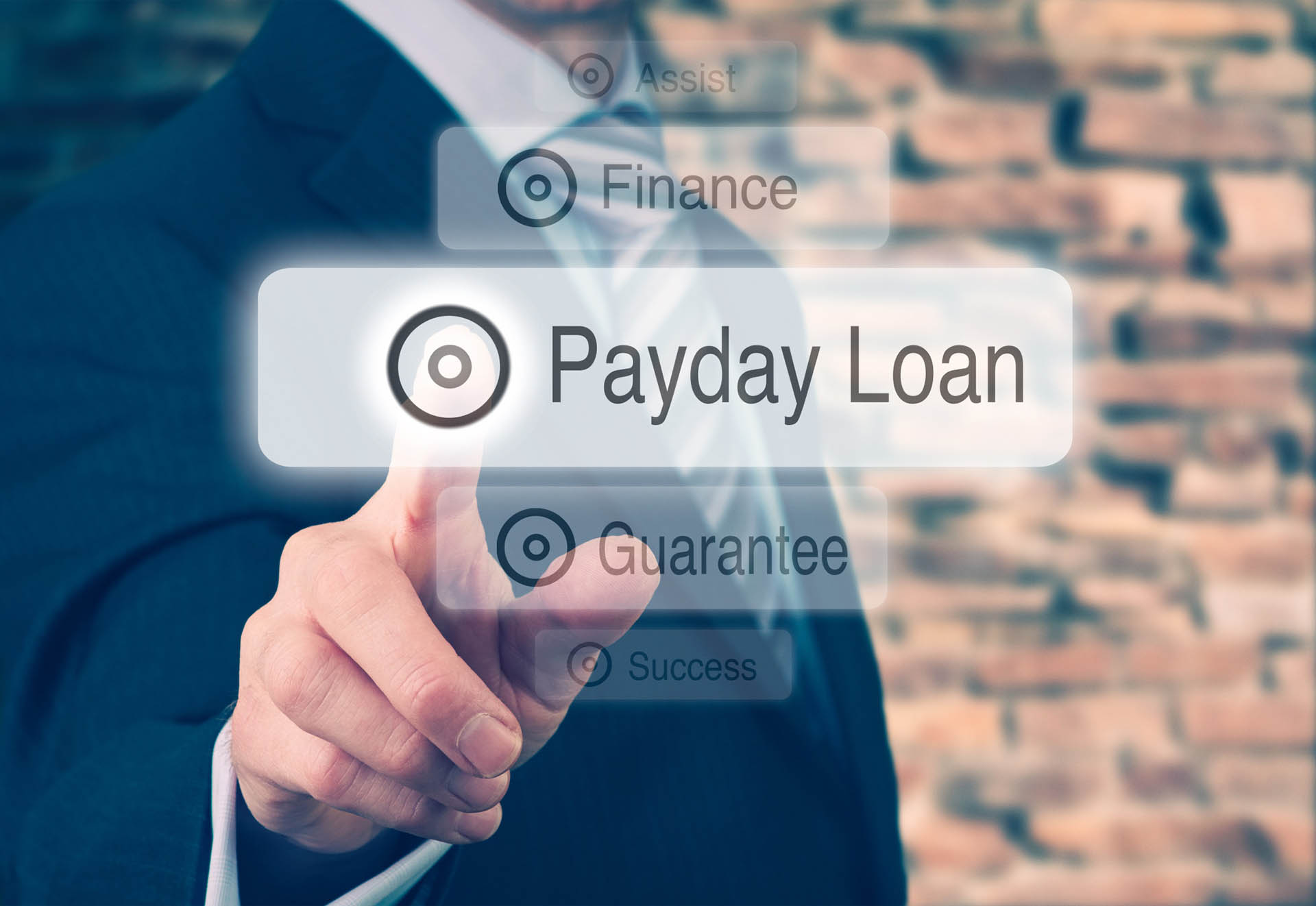If you have ever found yourself in a financial pinch while waiting for your next payday, having a little extra money in your pocket to get through the situation is the answer. Few people set out aiming to overspend on their budget, but unforeseen circumstances arise, leaving you with little or no alternative but to seek some financial help.
This is when a payday loan might be your solution.
What is a payday loan?
A payday loan is a short-term loan designed to give the user prompt access to money when they realize they will not have the funds to last until their next pay cheque. Payday loans are usually repaid within a week or two, with the repayment amount deducted from your bank account or any alternative payment method you and a lender agree on.
Essentially, as a payday loan applicant, you consent to a cash advance against an upcoming pay cheque, which makes this type of quick and easy loan different from others.
Payday loans are referred to by some other names, including cash advance loans, deferred deposit loans, post-dated cheque loans, or cheque advance loans. Regardless of terminology lenders use, the principle behind the loans remain the same.
Some common features of a payday loan:
- The loans are for small amounts, and many states set a limit on payday loan size. $500 is a common loan limit although limits range above and below this amount.
- A payday loan is usually repaid in a single payment on the borrower’s next payday, or when income is received from another source such as a pension or Social Security. The due date is typically two to four weeks from the date the loan was made. The specific due date is set in the payday loan agreement.
- To repay the loan, you generally write a post-dated check for the full balance, including fees, or you provide the lender with authorization to electronically debit the funds from your bank, credit union, or prepaid card account. If you don’t repay the loan on or before the due date, the lender can cash the check or electronically withdraw money from your account.
- Your ability to repay the loan while meeting your other financial obligations is generally not considered by a payday lender.
- The loan proceeds may be provided to you by cash or check, electronically deposited into your account, or loaded on a prepaid debit card.
Other loan features can vary. For example, payday loans are often structured to be paid off in one lump-sum payment. Some state laws permit lenders to “rollover” or “renew” a loan when it becomes due so that the consumer pays only the fees due and the lender extends the due date of the loan. In some cases, payday loans may be structured so that they are repayable in installments over a longer period of time.
Cost of a payday loan
Many state laws set a maximum amount for payday loan fees ranging from $10 to $30 for every $100 borrowed. A typical two-week payday loan with a $15 per $100 fee equates to an annual percentage rate (APR) of almost 400 percent. By comparison, APRs on credit cards can range from about 12 percent to about 30 percent. In many states that permit payday lending, the cost of the loan, fees, and the maximum loan amount are capped.
Qualifying for a payday loan
Payday lenders have several criteria that a potential borrower must meet. For example, you must be 18 or older, have valid identification, and provide proof of income and an active bank account.
It can take as little as 15 minutes to get an application done, provided your paperwork is complete and in order.
How much money can you borrow on a payday loan?
Your proof of income supplied during the application will determine the maximum value of the payday loan you will be granted. Most lenders have a company policy on what percentage of your income they will lend to you in a payday loan. The best advice is to take as little as you can so that the repayment amount does not take a significant bite out of your next month’s salary. A smaller debt means a lower repayment figure.
Payday loans with bad credit
One of the main advantages of a payday loan is that an application is often not subjected to a credit check before approval. Before applying, find out if the lender will be subjecting your application to a credit check as you might need to go somewhere else to secure your payday loan.
Bad credit means that access to other loan types is restricted or impossible, which is why the payday loan can be a lifesaver if you need to borrow a small amount of money. However, many payday lenders will still require you to provide proof of income and employment status before approving your application.
Is a payday loan the answer you are seeking?
Everyone has a bad month on occasion, and there is no harm in getting some financial help from a registered payday lender instead of a loan shark. However, if you are getting a payday loan to pay off other loans, it might be time to sit down for a thorough review of your financial affairs. Borrowing from Peter to pay Paul is a sign that you need help to get yourself out of the debts that are placing too significant a limitation on your disposable income.
There are many institutions where you can seek financial advice about managing your debt. You might even be able to consolidate it into an amount with a smaller repayment. Alternatively, a financial advisor, such as a debt counselor, can contact your creditors to change your current payment arrangement to bring you some financial relief.

